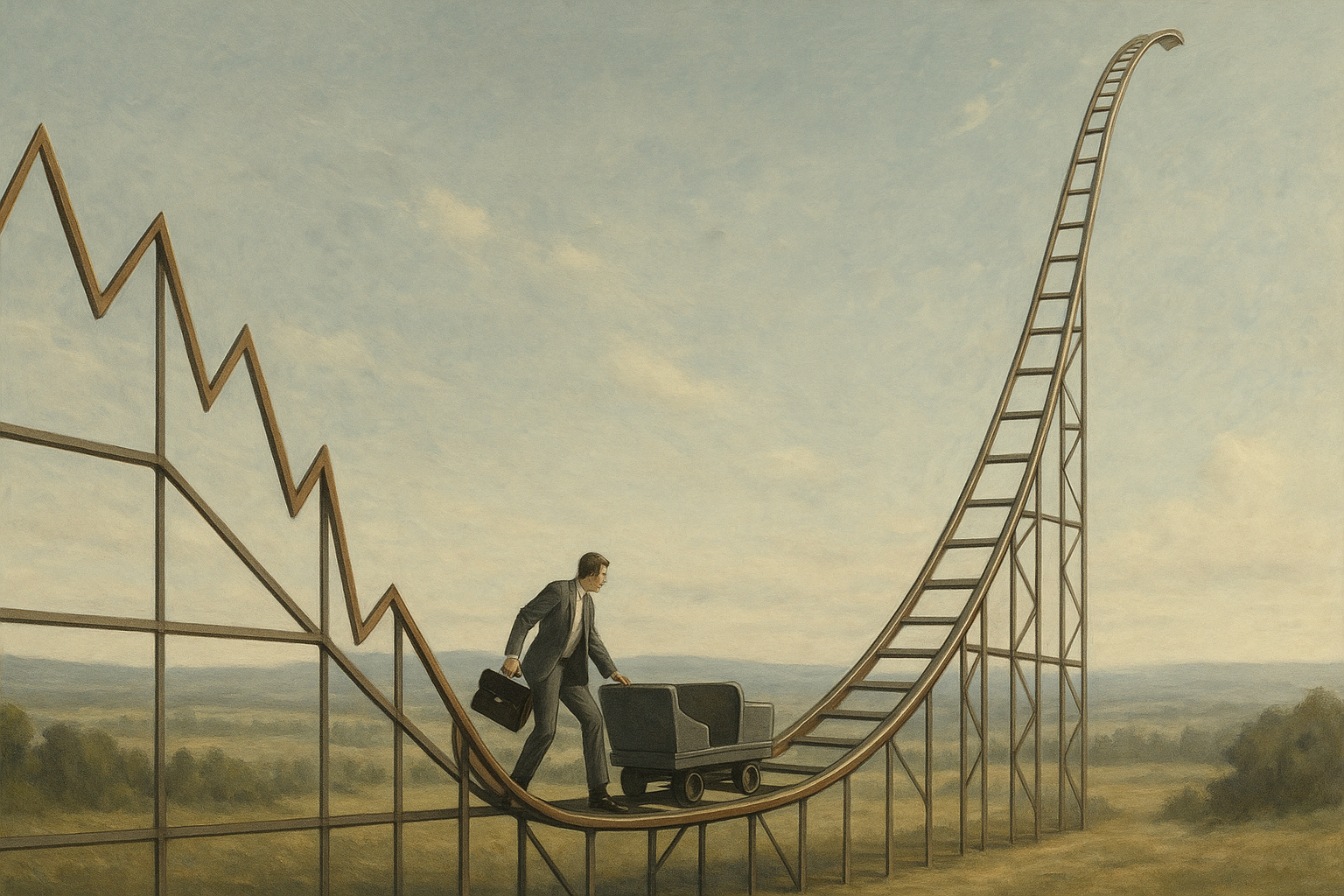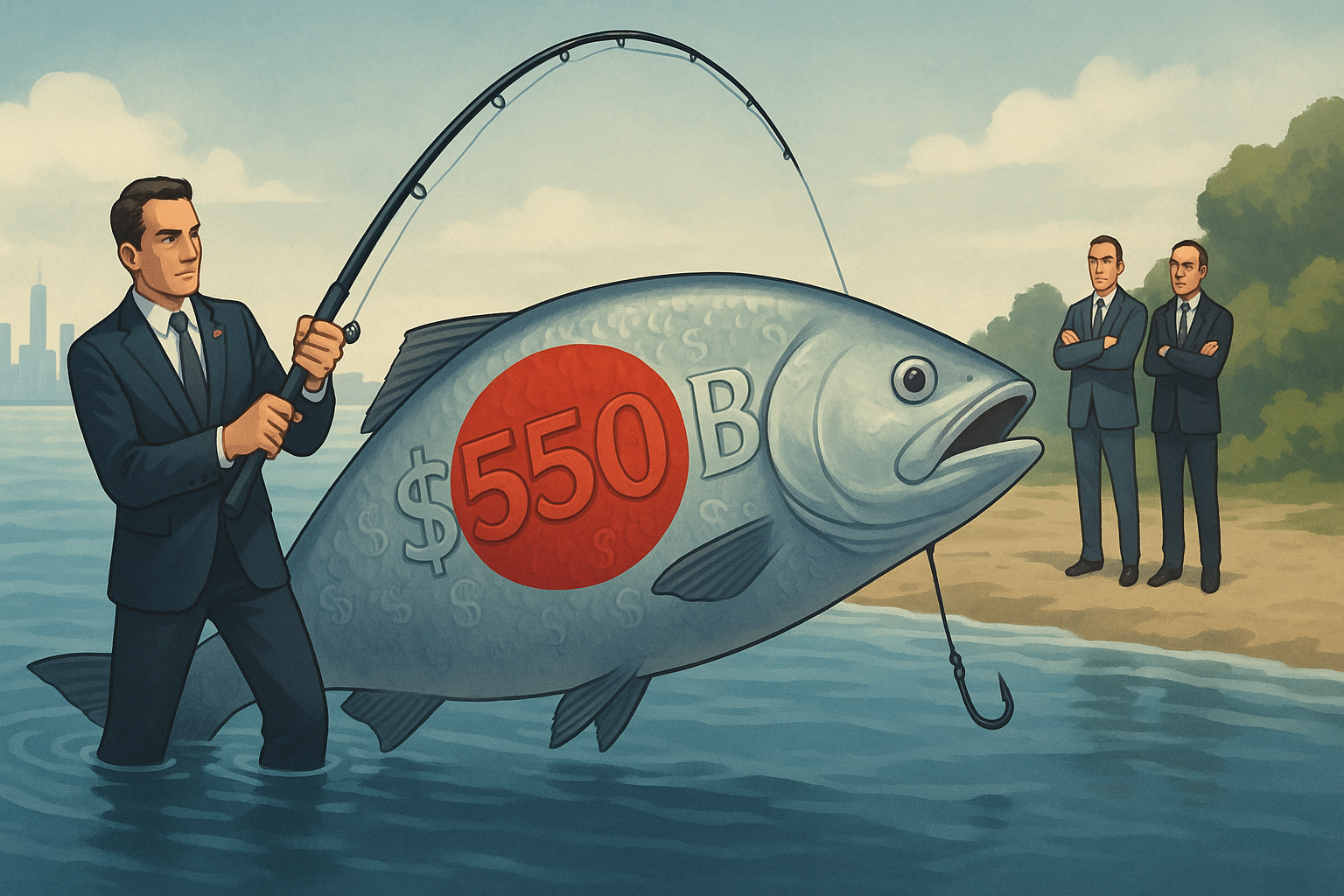I've seen it all before. The breathless social media declarations. The lengthy Reddit posts explaining exactly why "this time is different." The absolute certainty from amateur investors and seasoned pros alike that the sky was, indeed, falling.
And then... nothing happened. Or rather, something did happen—just not what the doomsayers predicted.
The market recovered. Dramatically. With the kind of V-shaped bounce that makes market timers look like they're playing a game of financial musical chairs while blindfolded.
Look, there's something almost anthropologically fascinating about watching the same human behaviors repeat across market cycles. Having tracked these patterns for years (sometimes painfully from my own portfolio mistakes), I can tell you that the recent recovery has provided a perfect case study in investor psychology.
Remember those posts from a few months back? They weren't just casual mentions of rebalancing or tactical shifts. They were manifestos. Declarations of independence from market irrationality. "I've sold EVERYTHING," they'd proclaim, often followed by charts, historical comparisons, and economic indicators that supposedly validated their decision.
The problem? Timing markets isn't just hard—it's brutal. It's a double-dare game where you have to be right twice:
First, when you exit. Then (and this is the real killer), when you get back in.
Miss either one and you're toast. Financial toast, smeared with the bitter jam of regret.
What makes this particularly fascinating is how rarely we see the follow-up posts. "I got out at X and back in at Y" is a narrative that practically doesn't exist on investment forums. Because—and I've seen this repeatedly—most panic sellers don't get back in until the recovery is well underway, if at all.
The math here is sobering. If you managed to miss just the 10 best days in the market over the past two decades (that's 10 days out of roughly 5,000 trading days), your returns would be slashed by about half compared to someone who just stayed put, reinvested dividends, and ignored the noise.
And here's the cruel twist of fate: Those best performance days? They tend to cluster right around the worst days—exactly when your lizard brain is screaming at you to stay away.
This isn't to say that strategic adjustments never make sense. They can and do. I've certainly tweaked my own allocations during periods of extreme valuation or economic signals. But the dramatic "I'm out completely!" moves? Those rarely work out as planned.
For those who did sell everything (and you know who you are), what now? The recovery already happened while you were sitting on the sidelines, probably still convinced that the "real crash" was just around the corner.
Do you wait for the next leg down that might never materialize? Gradually edge back in at higher prices than where you sold? Or simply admit the timing attempt didn't work and return to your long-term strategy?
(That last option, by the way, isn't admitting defeat—it's embracing wisdom.)
The market doesn't give a damn about your feelings. Or mine. It's an enormous, complex adaptive system that has repeatedly humbled the smartest people on Wall Street. I've watched legendary fund managers make catastrophic timing calls that seemed absolutely logical at the moment.
Sometimes I think we'd all be better investors if we approached markets with the humility of someone who's been burned before. My own crystal ball? It's cloudy on the best days and completely opaque on most.
The true skill in investing isn't avoiding all mistakes—it's ensuring no single mistake can devastate your financial future.
So what's the lesson here? Perhaps it's simply that markets will do what markets will do. The only question is whether we'll learn anything from watching them do it.




